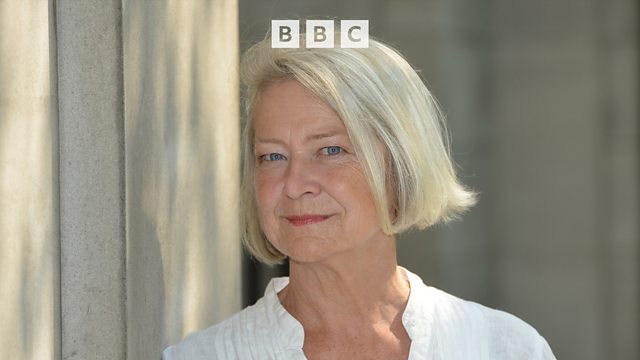Can Bosnia move on from genocide?
Stories from Turkmenistan, Tanzania, Singapore, Berlin and on the remaining ethnic divisions in Bosnia, 25 years after the genocide in Srebrenica. With Kate Adie.
This week, Bosnia is marking the twenty-fifth anniversary of the Srebrenica Massacre – Europe’s worst atrocity since the Second World War. Those who ordered the executions were convicted of genocide. Today Bosnia is deeply divided, impoverished, and governed by politicians who stir up the remaining ethnic enmity. Now young Bosnians are leaving in droves, says Guy De Launey.
Turkmenistan is a secretive and authoritarian state, and has not registered a single case of Covid-19. But independent media organisations, based outside the country, say their sources are reporting numerous cases of people falling ill with Covid-like symptoms. Now experts from the World Health Organisation have visited. What did they find, asks Rayhan Demytrie?
Tanzania announced that it had defeated the coronavirus last month, but it has not released full data on infections or deaths for many weeks. There was no lockdown, as the president declared that God would protect the country. But the US embassy warned that hospitals were overwhelmed. Where does that leave Tanzanians, like Sammy Awami?
Singapore pressed ahead with a general election despite the pandemic last week. The People’s Action Party has ruled for decades and won again, but with a reduced majority. The opposition Worker’s party had its best result to date. Could there be change in the air? Sharanjit Leyl visited a woman in a poorer district.
Germany already made the wearing of face-coverings in shops compulsory in April and has been seen to handle the pandemic well. Germans have adapted to having to wear masks quite creatively, with designs ranging from leopard skin to bridal lace and denim. So what style did Damien McGuinness go for in Berlin?
Presenter: Kate Adie
Producers: Arlene Gregorius and Serena Tarling
Podcast
-
![]()
From Our Own Correspondent
Insight, wit and analysis as ����ý correspondents tell stories beyond the news headlines.


